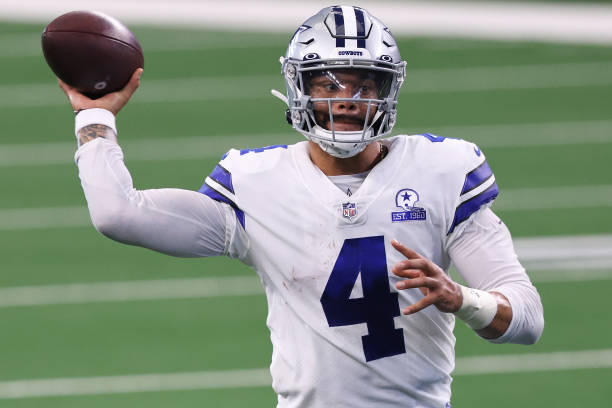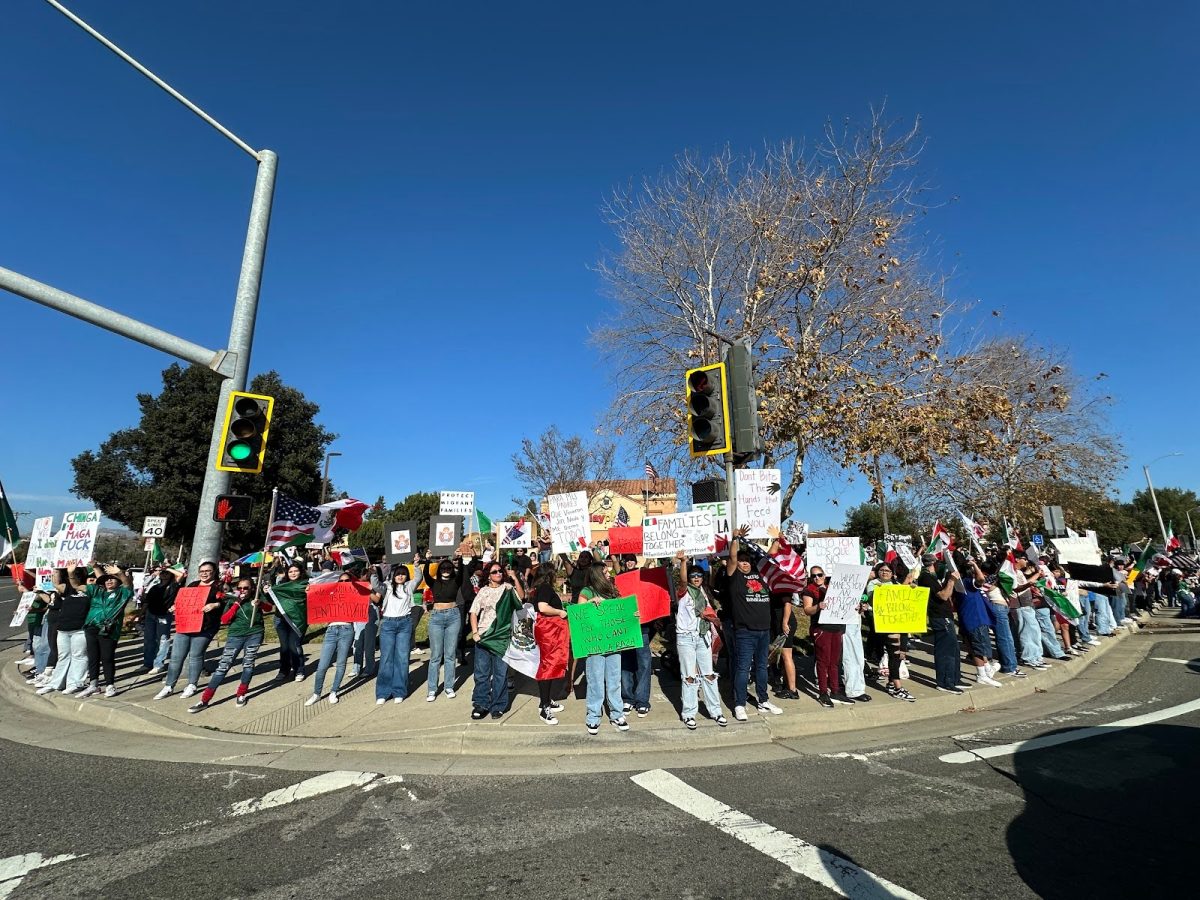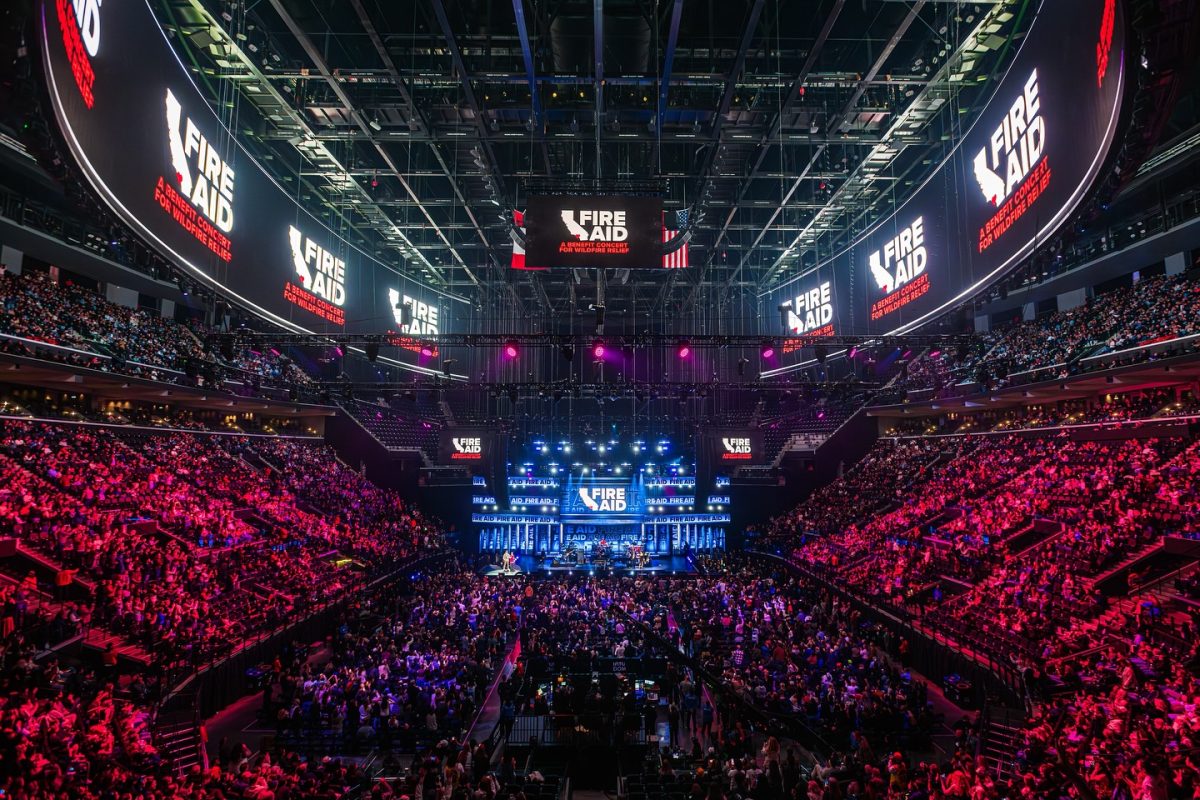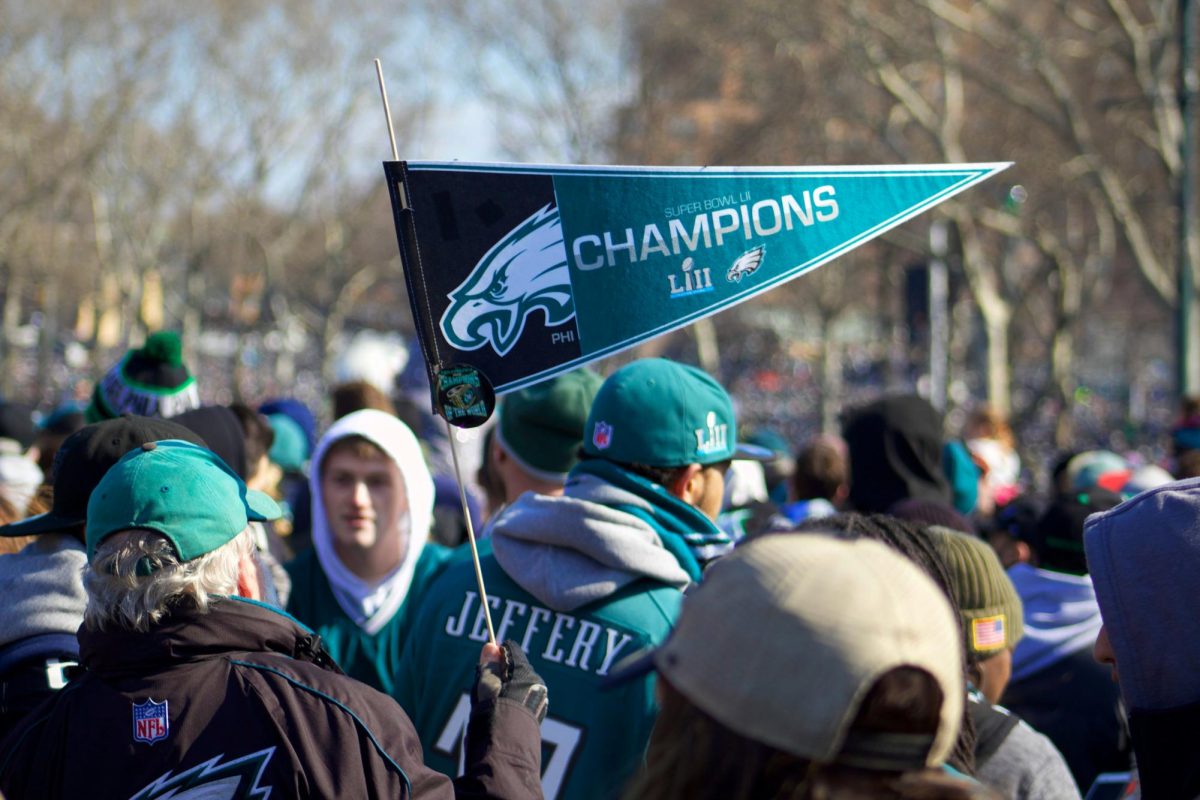A franchise tag is a one-year deal that NFL franchises can use once every year. It can be designated to one player on each roster.
The franchise tag window opened on Feb. 23 and ends Mar. 9 this offseason.
The window occurs now because it is the stage right before free agency.
Only upcoming free agents can receive the franchise tag. A player can’t decline the franchise tag if it is used on them. Each consecutive time a player is franchise tagged, the contract they are given increases by a significant amount.
The transition tag can be used instead, which is a lesser monetary version of the franchise tag. A player can choose to accept another offer under the transition tag if their current team doesn’t match it.
Teams designate the franchise tag on players to make sure they stay on the roster for the upcoming season. This gives the team the ability to extend their contract or trade the player before their contract is up.
Organizations use the franchise tag when they are unable to sign a player to a long-term deal or if they want to see another season of the player before committing to them on a multi-year deal.
Each position commands its own salary for the franchise tag. The free-agent market is what translates the positional values of the tag designations.

Carolina Panthers: Taylor Moton
With the consistency the Panthers have gotten out of Taylor Moton through the years, it only makes sense for them to bring him back. The right tackle has never missed a game in his entire NFL career. Offensive tackles are more pricey in free agency because of their importance in protecting the quarterback from edge rushers. The logical choice for Carolina is to franchise tag their steady offensive lineman. Moton has been nothing short of outstanding in both pass protection and runs blocking.
Cincinnati Bengals: Carl Lawson
The Bengals are near the top of the league in cap space this offseason. While Carl Lawson didn’t put up spectacular stats, his impact in pressuring opposing quarterbacks was immense. Lawson is a defensive end who is in the top-tier of edge rushers in the league. Cincinnati should transition tag Lawson and hope that no other team offers him a bigger contract.
Chicago Bears: Allen Robinson
Allen Robinson is a legitimate wide receiver one in the NFL. He amassed 1,250 receiving yards and 102 receptions this past season. Robinson has grown frustrated with Chicago not giving him the long-term deal he deserves. There is a good chance that the Bears will opt to save some cap space and franchise tag their superstar receiver. Robinson may try to force his way out by demanding a trade if the Chicago Bears decide to tag him this season.
Dallas Cowboys: Dak Prescott
The Cowboys used the franchise tag on Dak Prescott last season. Since then, the two sides have been unable to reach a long-term deal. With the gruesome injury Prescott suffered midseason, Dallas will likely franchise tag their star quarterback again before committing to him long-term. Prescott was on a tear in the five games he played before his season ended. He was on track to accumulate well over 5,000 passing yards through the full 16 game stretch.
Denver Broncos: Justin Simmons
Denver’s free safety earned Pro Bowl honors for the first time in 2021. Justin Simmons was tagged a year ago and is well worth another franchise tag. He tallied five interceptions and more than 70 solo tackles during the season. The Broncos would likely save cap space if they were to tag and extend Simmons, rather than agree on a long-term deal now.

Detroit Lions: Kenny Golladay
With the Lions most likely losing their second-best receiver Marvin Jones in free agency, it is vital that they retain Kenny Golladay. He was riddled with injuries throughout this past season, making it harder for the Lions to commit to him long-term. Golladay racked up back-to-back 1,000 receiving yard seasons in the previous two years. This should result in the Detroit franchise tagging their exceptional receiver. If Golladay isn’t a Lion by the end of the tag deadline, look for him to join a new team.
Green Bay Packers: Aaron Jones
Aaron Jones is a top-notch running back who leads the rushing attack for the Packers. He deservingly earned his first Pro Bowl appearance in 2021. Jones has put up over 1,000 rushing yards in each of the past two seasons. While the Packers did draft AJ Dillon in the second round of last year’s draft, they should franchise tag Jones to ensure at least one more season with him.
New York Jets: Marcus Maye
Marcus Maye is a rising star free safety that is stellar in pass coverage. He had his best season after the Jets traded Jamal Adams. His versatility on the defensive side of the ball was one of the few bright spots for New York last season. The Jets are currently loaded in cap space and should lock up Maye for next season via the franchise tag.
Tampa Bay Buccaneers: Shaquil Barrett
Elite pass rushers are a highly coveted commodity in the NFL. Shaq Barrett is a speedy outside linebacker that puts fear into opposing starting quarterbacks. He was the NFL’s sack leader the previous year and followed it up with a solid eight sacks in the regular season. The Buccaneers could use the franchise tag on their best wide receiver in Chris Godwin but should opt for Barrett once again. The role of a pass rusher of Barrett’s caliber is much tougher to fill than that of a receiver like Godwin. Wide receivers are much more attainable to fill on your roster when almost every football player on the face of the Earth would love to catch footballs from Tom Brady.
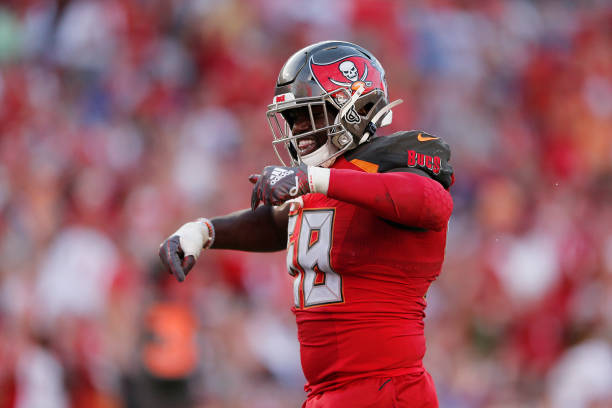
Tennessee Titans: Jonnu Smith
The entire NFL should know that Jonnu Smith’s stats don’t tell the story for his value on a team. Smith is a Swiss army knife of a tight end giving the Titans a little bit of everything at the position. Smith has steadily improved his numbers every year he has been in the league. The Titans should look to transition tag Smith in hopes that it is enough to retain him for the upcoming season.

